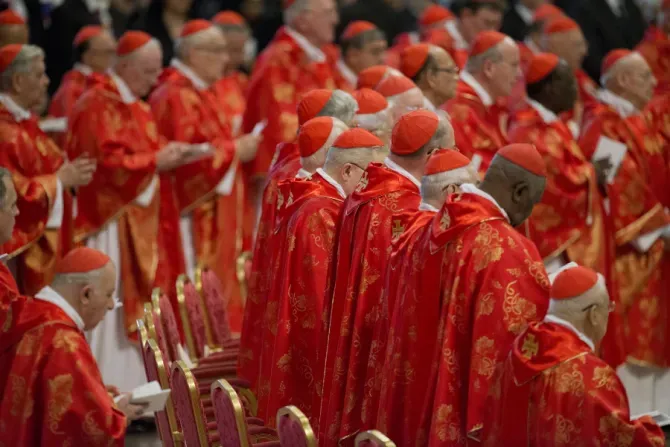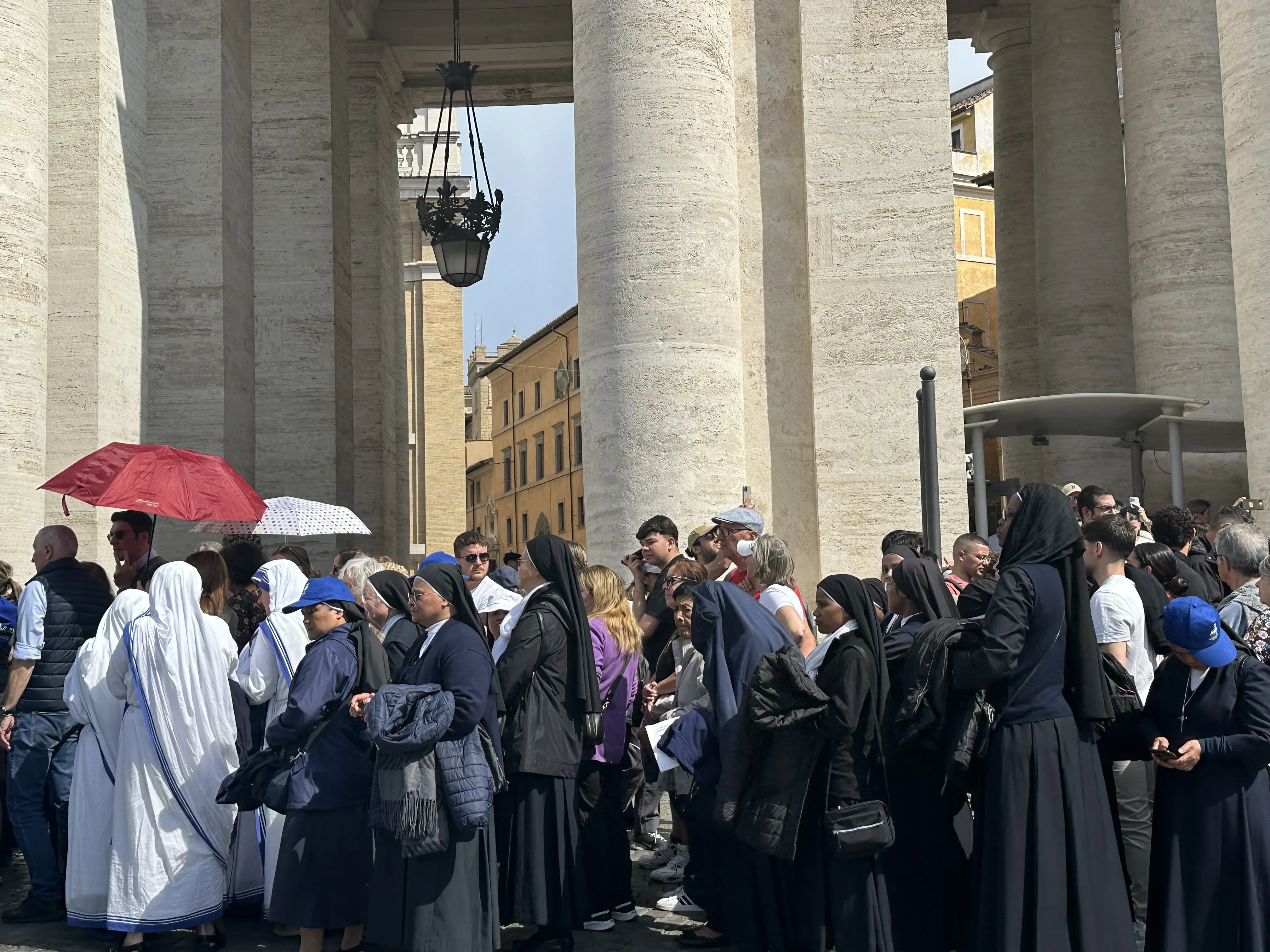During his pontificate, however, Pope Francis has only convened a consistory three times to discuss issues at hand. This first occurred in 2014, when another consistory accompanied the consistory for the creation of new cardinals to discuss family issues, with a report by Cardinal Walter Kasper.
In 2015, the reform of the Curia was discussed with various reports and in 2022, the pope asked the cardinals to take into account the reform of the Curia he had just established with the apostolic constitution Praedicate Evangelium.
The last consistory’s discussion structure also differed from the usual pattern. The cardinals were gathered in small linguistic groups; not all of them could speak before the assembly and several left written documents on what their speech would have been without presenting it before the other members of the College of Cardinals. While presented as an effort to make the discussion more efficient, this structure took away traditionally important moments of interaction and mutual understanding.
These are not just minor details. The discussions that take place during consistories allow the cardinals to get to know each other and the personalities involved to define themselves more precisely.
For example, the papal candidacy of Cardinal Karol Wojtyla emerged from some of these discussions, along with the fact that Paul VI had called upon him to preach the spiritual exercises of Lent at the Curia in 1976. Although Wojtyla was an authoritative and well-known figure, it would not have been easy to obtain the support of his fellow cardinals if he had not had the opportunity to make himself known in these circumstances.
(Story continues below)
The next conclave, therefore, will get underway with somewhat of a handicap inasmuch as the cardinals will not know each other as well. This could be a boon, on the one hand, to the formation of pressure groups that could steer the conclave in one direction or another. But, on the other hand, it will also likely make the outcome more unpredictable. For this reason, although Pope Francis has created more than two-thirds of the cardinal-electors, it is by no means a sure thing that the pope who is chosen in a future conclave will have the same profile as Pope Francis.
A reform of conclave rules in the offing?
As things stand, the apostolic constitution Universi Dominici Gregis, promulgated by John Paul II in 1996, will regulate the conclave. That constitution provided, among other things, that starting from the 34th ballot (or from the 35th, if the vote was also taken on the opening day of the conclave), an absolute majority is enough to elect a pope.
That provision was modified by Benedict XVI in 2007 with the motu proprio De Aliquibus Mutationibus in Normis de Electione Romani Pontificis. The new rule provides that at the 34th or 35th ballot, in the event of a “deadlock,” a runoff will be held between the two cardinals with the most votes, who, however, will not be able to participate in the ballot. However, the election will take place only if one of the two receives two-thirds of the votes, as expected in all other ballots.
These rules aim to obtain a broad consensus on the elected pope, who can thus count on the support of the entire College of Cardinals.
For some time now, there has been talk of a project by Pope Francis to reform the rules of the conclave. Among the reforms that could be under discussion: the lowering of the quorum for the election of the pope starting from the 15th ballot; the exclusion of cardinals over 80 from the general congregations, i.e. the pre-conclave meetings, in which both voting and nonvoting cardinals participate; and a new structuring of the general congregations themselves, on the model of the last consistory — that is, with the division of the cardinals into working groups and reports entrusted to a moderator.
However, no study for changing the rules of the conclave has been officially announced. Cardinal Gianfranco Ghirlanda, who has become the pope’s trusted canon lawyer in recent years, is said to have proposed some draft reforms, but there is no confirmation of this either.
It remains to be seen, therefore, if these rumors about a reform of the conclave’s rules are the result of honest discussions or simply agitation and speculation in the face of the well-known unpredictability of Pope Francis.
Andrea Gagliarducci is an Italian journalist for Catholic News Agency and Vatican analyst for ACI Stampa. He is a contributor to the National Catholic Register.








